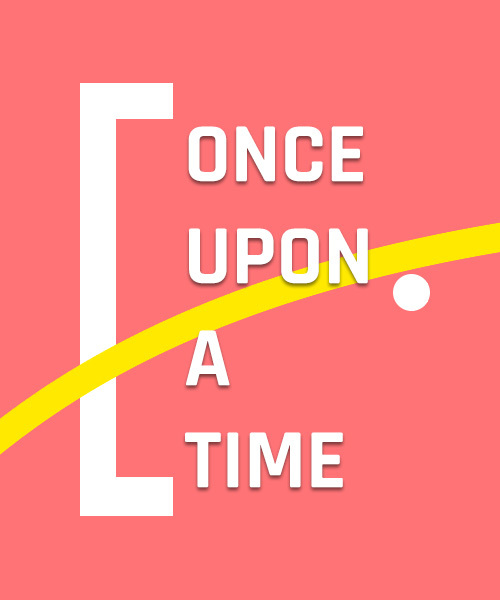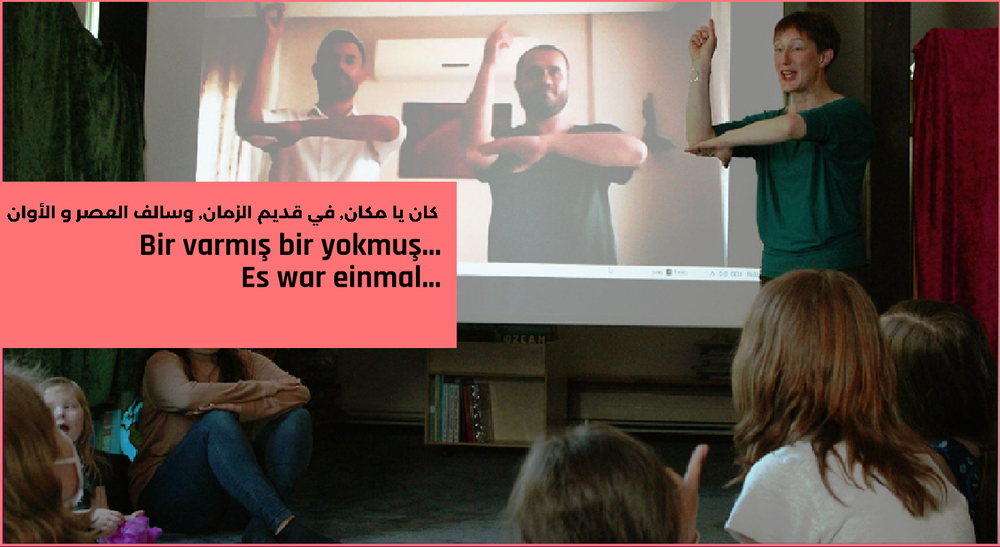ONCE UPON A TIME


Consisting of storytellers and representatives of civil society from Germany and Turkey, Storytelling working group continues to work on a trainers’ module that focuses on promoting intercultural competences, capacities for inclusive storytelling and fostering multilingual environments and stories.
Multilingual storytelling aims to address “the language barrier” in everyday life and the related exclusion of people and particularly children who have a different family languages than the official education language. The working group aims to employ and further develop multilingual storytelling methods in the hope of contributing to mitigate this problem. They believe in the healing power of stories and they would like to combine it with more inclusive methods such as telling the same stories in different languages without using consecutive translation.

Within this scope, three storytellers from the working group carried out an activity in 31th of May in Mersin with Syrian and Turkish children who live in Turkey. Storyteller Suse Weisse joined the event online from Germany while the storytellers from Turkey enjoyed the opportunity to get together with the children in person.
On the 2nd of June, participants from the working group organized an activity in Hamburg and convened children from different family languages in KIKU Hamburg Book Club. Storytellers conjointly told a story called RikiTikiTok in German, Turkish and Arabic. In this second activity, this time Britta Wilmsmeier had the chance to meet with the children in person while storytellers from Maya Derneği joined them online.

Following each activity the storytellers collected feedback from children and discussed with them their experiences of listening to multilingual stories. These piloting activities in both countries are expected to make positive contributions to the final version of the trainers’ module, especially in terms of inclusion and participation.
The final outputs are expected to be ready in Fall 2021.